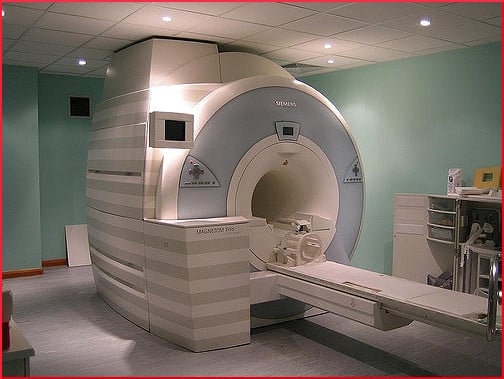
The previous post talked about the relationship between Behavioral Weight Loss therapy (BWL), Cognitive Behavioral Therapy (CBT), and Binge Eating Disorder (BED) — but maybe none of that even matters. Although some people diagnosed with BED are obese, the current received wisdom is that “Binge eating disorder is not yet linked to obesity.”
This makes a certain amount of sense. While 5.5 percent of Americans are have BED, nearly 40 percent of Americans are obese, so clearly, they are not synonymous conditions.
When it comes to lifestyle modification programs that affect obesity, we spoke of how the most advanced paradigm is the three-pronged approach consisting of…
[…] dietary recommendations; physical activity recommendations; and cognitive-behavioral therapy to address weight loss and weight maintenance obstacles… These components interact with each other, each contributing to the final success of treatment.
To put it another way, the word of the day is synergy. Now, what are “weight maintenance obstacles”? Relapses are obstacles, and so are slips, and they are caused by temptations, cravings, and urges, which are also weight maintenance obstacles.
Can CBT handle all this heavy freight? Apparently so. Mindfulness plays a part. For a person to be aware of what he or she is doing at any given moment can never hurt.
We have mentioned Rational Emotive Behavioral Therapy,
which is a subfield of CBT developed by the pioneering psychologist Albert Ellis. CBT helps to identify the thought processes that lead to, for instance, an eating binge. In other words, people can learn to call BS on their own fatlogic.
Post-doctoral fellow Jennifer A. Silvers told a journalist that children as young as six can learn to use cognitive strategy. What is more, it does not take very long — “just a few minutes of training.” This has, she says, huge implications for interventions.
A Columbia University publication described the study:
The participants, who ranged in age from 6 to 23 years, were shown pictures of a variety of unhealthy but appetizing salty and sweet foods while undergoing fMRI scans. For some of the pictures, participants were told to imagine the food was in front of them and to focus on how the food tastes and smells.
For the other pictures, they were told to imagine that the food was farther away and to focus on the visual aspects of the food, such as its shape and color. After viewing each picture, the participants rated how much they wanted to eat the food they had seen.
The study results revealed that participant of all ages reported less craving when they used the cognitive strategy of imagining the visual aspects of the food, amounting to a 16 percent reduction in craving.
Your responses and feedback are welcome!
Source: “How are Binge Eating Disorder & Obesity Related?,” EatingDisorderHope.com, 08/11/17
Source: “Cognitive behavioral therapy to aid weight loss in obese patients: current perspectives,” NIH.gov, 06/06/17
Source: “Food Craving is Stronger for Kids,” UniversityHerald.com, 09/08/14
Photo credit: Image Editor on Visualhunt/CC BY

 FAQs and Media Requests:
FAQs and Media Requests: 











